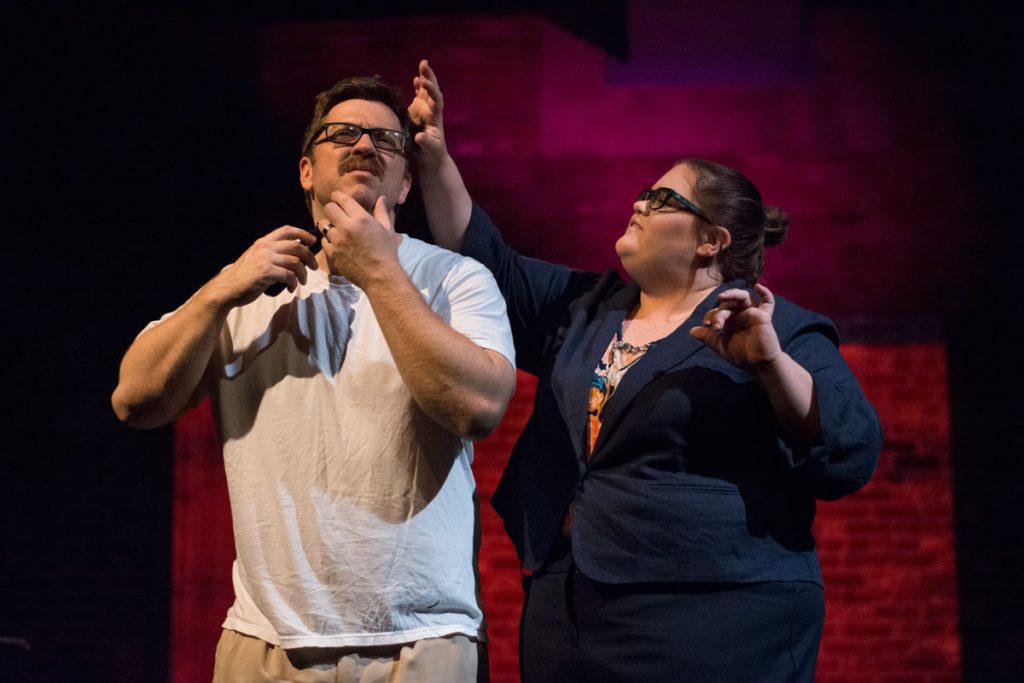Mississippi Gov. Phil Bryant signed a bill into law on April 12 that allows those who have consumed alcohol illegally and are facing a medical emergency to call for help without facing charges. The law, however, does not provide protection for those illegally supplying alcohol.
Senate Bill 2197 is one example of a string of medical amnesty bills passed in 38 states and the District of Columbia since 2012.
Cody Smith, a current Ole Miss law student, began advocating for the new law in 2016 when he was on the Associated Student Body at Ole Miss. He and the president of ASB at the time, Rod Bridges, started looking at ways to represent off-campus students.
“One issue that came to us was issues involving minors drinking,” Smith said. “Rod and I had heard of stories of incidents where minors had too much to drink and fell ill but didn’t receive proper treatment.”
The university already had a policy in place stating that if minors were drinking, they could call for help without facing charges. However, this only applied to those on campus.
“It was an initiative that I thought could lead to ASB having more of a role in representing students off of campus, and it would have been an initiative that would have an actual positive impact on students,” Smith said. “I believe that there are more incidences happening off-campus than on, and this expands that protection.”
The bill was first introduced to the House the following year but died in committee in 2017.
Senate Bill 2197 passed the state senate almost unanimously this year with 51 votes in favor and one senator not voting. Two of the senators that voted in favor of the bill were Ole Miss alumni Sen. Michael Watson, of Pascagoula, and Sen. Briggs Hopson, of Vicksburg.
Rep. Joel Bomgar, frequently an advocate for criminal justice reform dealing with substance use, served as a conferee.
“I’m always looking for ways to reduce harm related to substance use, so this is one of the many bills I was tracking (this legislative session),” Bomgar said. “It’s always better to save a life rather than to have people fleeing the scene or leaving someone to die.”
Bomgar saw this legislation as necessary to prevent further injury because of underage drinking.
“Unless you have medical amnesty, you can easily end up in a situation where someone is in trouble but everyone is scared to dial 911, and it ends up being too late to do anything,” Bomgar said. “The important thing is that people know they can call 911 if their friends have had too much to drink and that no one is going to be prosecuted. I think that’s key.”
Now that the legislation has passed, Smith said students now need to be informed of the new law.
“After well-publicized deaths at Louisiana State University and Penn State, we need to do more to encourage students to seek help when there is a risk of alcohol poisoning,” Smith said.
Bishop Lewis, patrol lieutenant for the Department of Police and Campus Safety, said he thinks the new law is a good thing because it positively reinforces what has already been happening in the community.
“We always want members of our community to call us for help when they (or others) need it,” Lewis said. “The only thing I would like to add about the new law is to point out that the callers should cooperate with law enforcement when we arrive. It makes our job easier and allows us to help those that need it more quickly.”
A “good Samaritan bill” that deals similarly with drug users who are fearing overdose went into effect two years ago. Oxford Police Department’s public information officer, Captain Hildon Sessums, has promoted similar policies from that bill intended to keep community members informed.
“We want people to realize that the life is more important than anything else, and we don’t want you to sit there and not call 911 because you’re afraid to go to jail,” Sessums said.
Still, there are some exceptions to this new medical amnesty law.
“The person who calls must remain on scene,” Sessums said. “If someone starts being belligerent and doesn’t want to cooperate, it becomes a gray area. We have to backtrack to see who called, why they left the party and determine if they were serving underaged people and if they could become legally liable for their death.”














